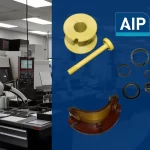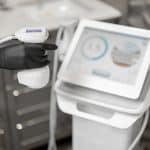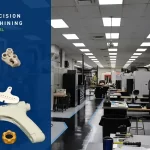Strict Hygienic Procedures for Precision Machining
It’s no secret that cleanliness and sterilization are crucial for applications in the medical industry. Any manufacturer you hire for machining your plastic component should be aware of this, and taking actions to prevent any contamination from taking place.
Here are three ways you can ensure that your medical application is being precision machined by a manufacturer committed to following strict hygienic procedures.
1) Check Industry Standards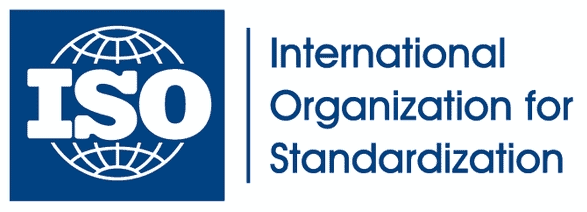
Ensuring sterilization starts with picking the right manufacturing company, and you’ll want to be sure they take the matter of contamination seriously. To start, check their commitment to quality management and industry standards.
All product manufacturing companies must follow industry standards like International Organization for Standardization (ISO) and Food and Drug Administration (FDA). Before you work with a manufacturing company for your medical application, look at their certifications.
For example, ISO 13485 specifies requirements for a quality management system where a company demonstrates it can provide medical devices and related services to consistently meet customer and regulatory requirements. ISO 9001 focuses on meeting customer expectations and continually delivering satisfaction, plus reflects constant improvement from the company.
If the manufacturer you are interested in using does not have any of the above standards, then you may want to ask them why.
Here at AIP Precision Machining, we have been successfully audited by some of the most stringent OEMs in the orthopedic and medical device industries, and are ISO 13485:2016., ISO 9001:2015 , and FDA registered.
2) Plastic Machining isn’t Metal Machining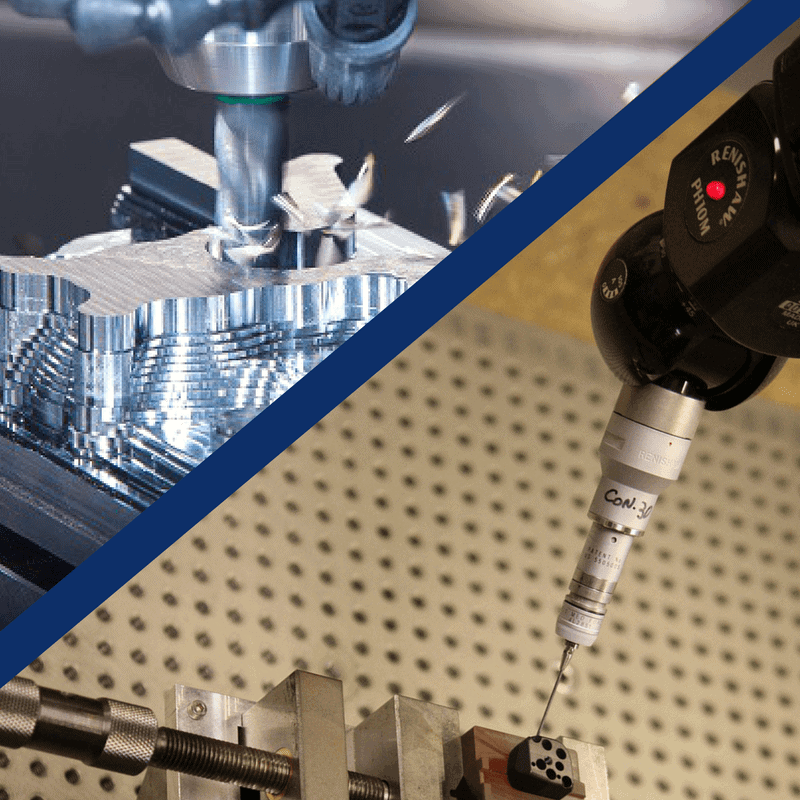
Be wary of any manufacturer who machines both plastics and metals in the same facility. The tiniest sliver of metal embedded in a plastic part can have widespread ramifications, such as an unexpected electrical problem in the medical device.
Additionally, it’s common for metal machining companies to use oil-based cutting fluids. Any equipment that machines metal, then, can contaminate your plastic parts with those fluids. Many plastic materials are especially sensitive to those petroleum-based liquids, and they can degrade when in contact with them; others are hydroscopic and will absorb the oils.
It should be noted that plastic parts manufactured using equipment that machines metal parts will not meet FDA-approval, or the other industry standards mentioned above. The safest way to avoid this is to hire a plastics expert, not a metal machining company.
AIP takes the matter of sterilization seriously, and ensures the highest level of sanitation down to the sub-molecular level for its products. By designing, stress relieving and machining only plastics, AIP significantly reduces the threat of metallic cross contamination and therefore allows for the highest hygienic products possible.
3) Look for Experience
The most important factor to take into account overall is experience. Your supplier should be familiar with the types of polymers and composites you need machined, and should additionally know the best machining process for your application.
For the medical industry, you want to know that your manufacturer is experienced with the complex needs of your applications. For example, if your components are going to come into contact with body tissue or fluids, then they must be biocompatible per ISO 10993.
Which is to say: If you’re machining implants, your plastics will require different needs than if you’re machining reusable surgical instruments. Both require, however, careful attention to detail. A surgical instrument must be designed with sterilization compatibility for regular cycles in mind, while an implant requires biocompatibility to be safe for use.
Be sure that your manufacturer is familiar with the processes that come with your application, and check that they’ve done it before.
With 35+ years of experience, AIP is well acquainted with precision machining for the medical industry and guarantees careful material selection and processing for your medical applications.
The #1 Best Way to Avoid Contamination?
Overall, the best thing you can do to avoid contamination is to hire a plastic manufacturer with the experience and the credentials to complete your project to the highest standards of quality possible. Keeping the above three factors in mind will help you do just that.
To ask about AIP Precision Machining’s capabilities for precision machining medical applications, please contact us.
